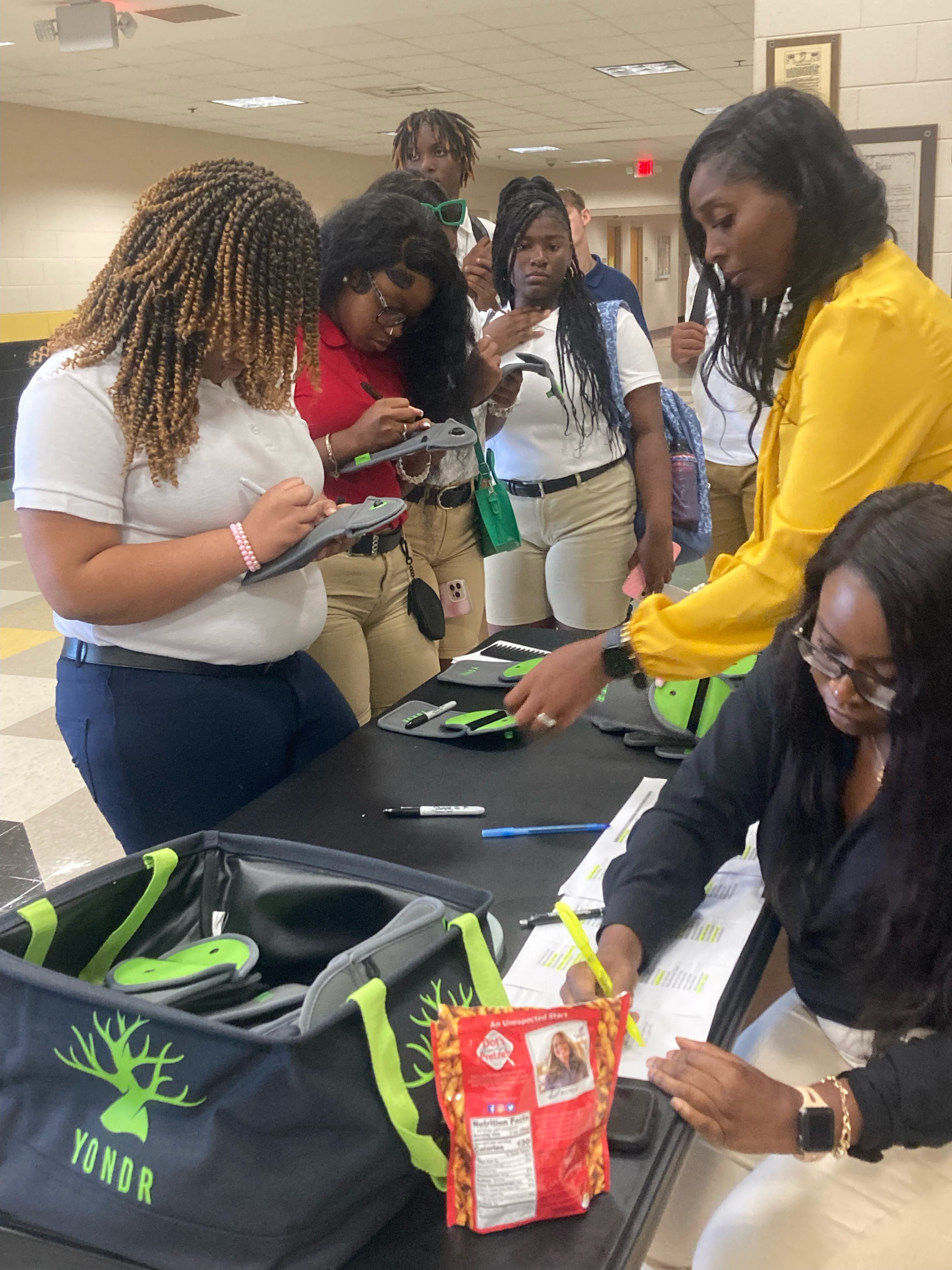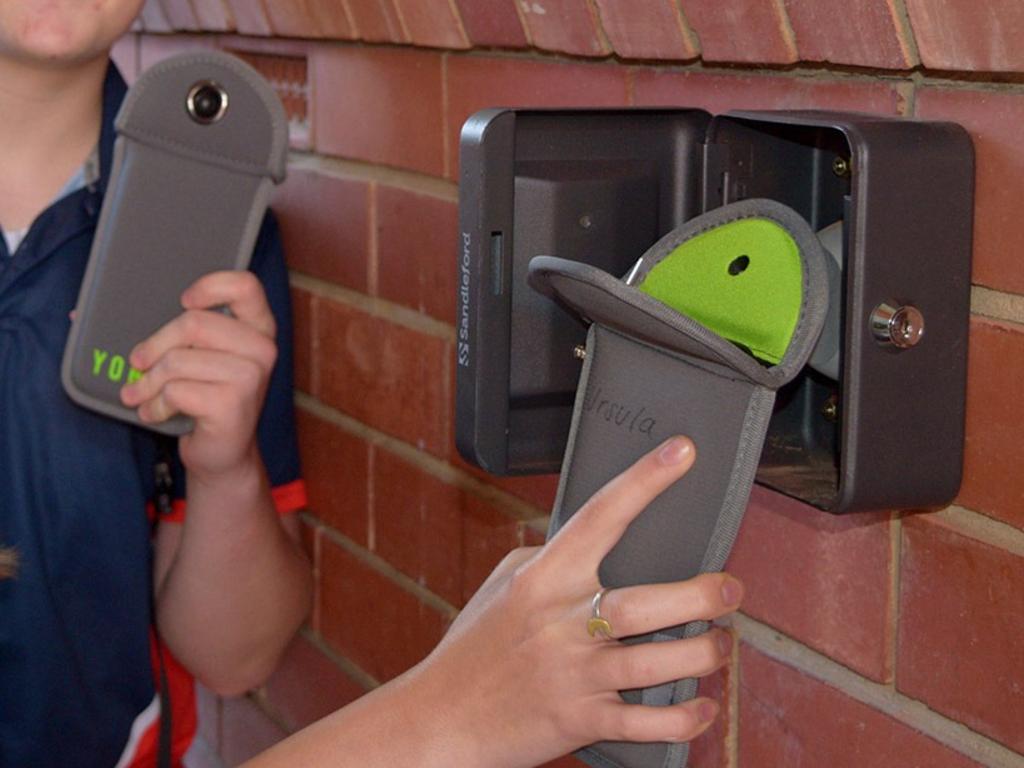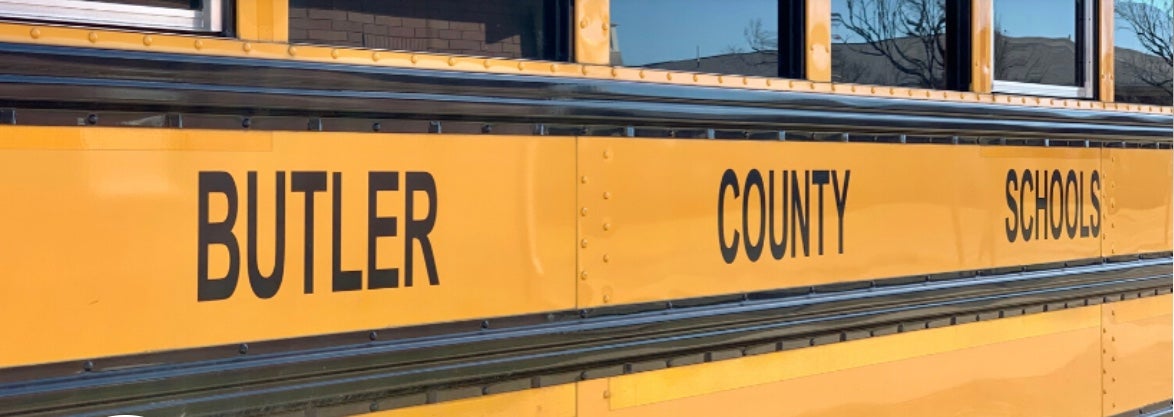Butler County Schools take a stand against student cell phone usage
Published 7:00 am Friday, August 18, 2023
|
Getting your Trinity Audio player ready...
|
The Butler County School system has ushered in a new cell phone policy and introduced technology called Yondr pouches that will create phone-free schools. Teachers and administrators say they are excited and hopeful for this new policy as it is projected to improve student’s scores, behavior, class engagement, attendance, and create positive sociability.
The system’s new cell phone policy prohibits students from using any phones or similar devices at all times between school hours, 7:30 a.m. – 3:30 p.m. Laptops, tablets or e-Readers are allowed only for educational purposes and if approved by administrators and teachers.
Michael Collins, principal of McKenzie School, has had previous experience implementing the Yondr pouches at Stanhope Elmore High School, where he was assistant principal, and said he is confident in the positive changes it will create.
“I think it’s going to positively impact students because it takes away something that has just become a major distraction and can be extremely addictive,” Collins said.
The pouch is a secure bag that is used to store an individual’s mobile device. It is secured and unlocked with a special magnetic locking device.
Upon entering school, students will turn their phone off, place the phone inside of the Yondr pouch, and lock it in front of a designated staff or faculty member. The magnetic locking device is mobile and can be stored with administrators during the day.
At the end of the school day, the pouches will be unlocked at designated exit locations, and students take the pouches home with them.
Collins explained the positive statistics administrators saw at Stanhope Elmore High after implanting the Yondr pouch.
“At Stanhope Elmore for the 2021-2022 school year during the first quarter we had 23 students that were caught skipping class or written up,” Collins said. “The next year, after implementing the Yondr pouches and the cell phone policy, in the first quarter there were only two write ups. Likewise, during those same time periods, fights went from 10 to two. What we have seen with fights is that about 90% of the time, in some way, it began with a cell phone through social media.”
According to the Yondr website, one million students use the pouches everyday in thousands of schools across 16 countries. The company has seen an overall of 83% improvement in classroom engagement, a 74% improvement in behavior, and 65% improvement in academic performance.
Yondr pouches have already been implemented at Greenville High School (GHS). Superintendent Joseph Eiland said the pouches will arrive for Greenville Middle School, Georgiana School and McKenzie School hopefully by Labor Day.
Jamie Howard, principal of GHS, believes the new cell phone initiative and use of this new technology is a step in the right direction.
“I think the new cell phone initiative is exactly what the educators, students, and education needs,” Howard said. “I am not anti-cell phone. I’m against anything that disrupts the Instructional process and the instructional integrity of our school. A.I. (artificial intelligence) is the present and the future. It would not be wise as educators for us not to expose this technology to our students.”
Howard noted that until students can be properly trained and educated on the proper use of technology, school faculty must protect them and the integrity of instruction.
“This new initiative is going to also create new friendships, new conversation, more positive social interaction, and so much more amongst our students,” Howard said. “I know classrooms and instruction will be more engaging and students will get more out of their daily instruction.”
Eiland said he has witnessed the new cell phone policy in action, and is excited for the Butler County school systems.
“In my many walk-throughs this week at GHS, I can already see a remarkable transformation in the overall school climate,” Eiland said. “Students are actually talking with each other and their teachers and engaging in typical teen behavior. I am excited to see how this will impact teaching and learning.”








